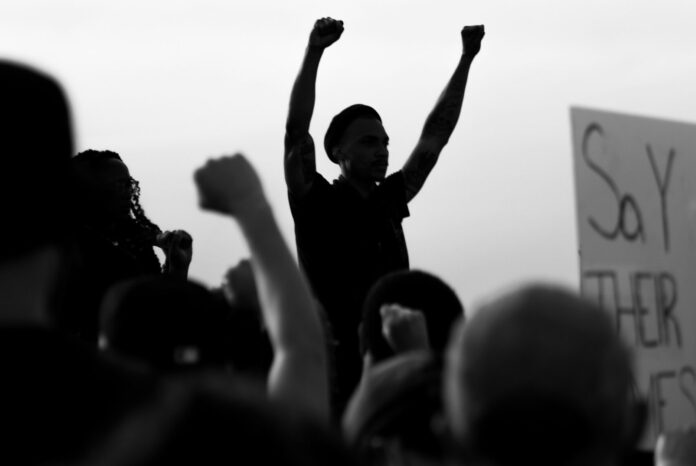Pro-Palestinian encampment faces extreme response from counter-protesters and police, resulting in over 200 arrests
This week at the University of California, Los Angeles (UCLA), a pro-Palestinian protest escalated into violent confrontations, leading to a police crackdown and numerous arrests. The events unfolded against the backdrop of ongoing national debates about university affiliations and geopolitical stances.
The protest began peacefully on April 25, as students gathered at Dickson Plaza to advocate for Palestinian rights and demand transparency about UCLA’s financial connections with arms manufacturers and Israel. Protesters erected barricades, creating a makeshift camp outfitted with medical and food stations to support a sustained demonstration.
Tensions escalated when pro-Israel protesters appeared, reportedly engaging in activities described by participants as psychological torture. These counter-protesters, some affiliated with Israeli and Jewish organizations, challenged the encampment with loud disruptions and provocative actions.
The situation deteriorated in the early hours of April 30, when a large group of these counter-protesters attacked the camp. They dismantled barricades, used chemical sprays, and launched fireworks, causing chaos and injuries among the pro-Palestinian demonstrators. Reports from the scene described physical assaults, including beatings with sticks and the use of pepper spray.
UCLA administration responded to the violence with a delayed law enforcement intervention, which did little to quell the unrest. It wasn’t until hours later that police presence significantly increased, though clashes continued.
By May 2, in the predawn hours, police in riot gear moved decisively to dismantle the encampment. They pushed back protesters, dismantled barricades, and used non-lethal projectiles to disperse the crowd. This operation resulted in the arrest of at least 200 individuals, significantly disrupting the protest.
In the aftermath, UCLA Chancellor Gene Block issued a statement condemning the violence and acknowledging the protest’s peaceful intentions. He expressed deep concern for the safety and learning environment at UCLA, citing the clashes as the primary reason for the police intervention.
This incident at UCLA highlights the intense intersection of local student activism and broader international conflicts. It raises questions about the role of universities in political protests and the appropriate response to such manifestations on campus
